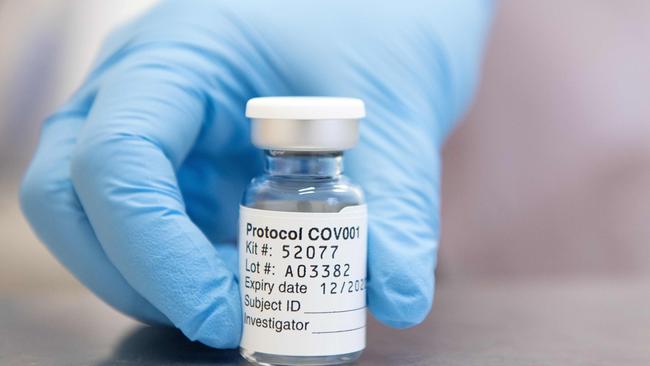Science start-ups ‘set up to fail’
Australia’s fractured approach to supporting science start-ups is stopping new discoveries reaching the market, new research finds.

Australia’s fractured approach to supporting science start-ups is stopping new discoveries reaching the market and potentially changing the world, with a new study from the Menzies Foundation finding Australia’s start-ups are floundering globally.
The study, Spinning out: supporting science start-ups in Australia, found that at a time when science entrepreneurs across the US, UK and Europe are busy pandemic-proofing the globe, no Australian science start-ups feature in the nation’s current top 25 start-up lists.
The study found that many scientists give up at the first stage of trying to commercialise their discovery, with lengthy intellectual property (IP) negotiations with research institutions and unfavourable licensing terms for investors often to blame.
The research also found that a ‘publish or peril’ success measure often dissuades scientists from becoming entrepreneurs, given fears there would be no pathway back in should their venture fail.
“Our new research shows that the reason Australia is falling behind when it comes to science start-ups is that our entrepreneurs face so many barriers at every step along the way,” Menzies Foundation CEO Liz Gillies said.
“First, many are researchers at universities, and often encounter complex and intractable IP negotiations that get in the way of spinning out successful science businesses.
“Creating a scientific company is vastly different from launching a tech enterprise. Science start-ups have longer runways from inception to launch, and we need new forms of blended capital models to support science start-ups,”
She said that the federal government has a clear opportunity to provide more support.
“It can increase funding to support science accelerators and contribute to establishing advanced manufacturing platforms to ensure that Australian science entrepreneurs build businesses in Australia. This is an imperative in a post-COVID world.
“Imagine where Australia would be if we didn’t have CSL right now? But the real question we should really be asking ourselves is, ‘why aren’t there five CSLs?’ And that’s the question our research is seeking to address.”
The Menzies Foundation has launched a new science entrepreneur program, in partnership with MedTech Actuator, to give 12 scientists a share in $240,000 worth of support, in a bid to help bridge the gap.
“We are excited to be partnering with the Menzies Foundation at this crucial time for science entrepreneurship in Australia,” MedTech Actuator CEO Dr Buzz Palmer said.
“We know that by coming together we can amplify our impact and really set Australia on a trajectory toward scientific commercialisation success.”



To join the conversation, please log in. Don't have an account? Register
Join the conversation, you are commenting as Logout